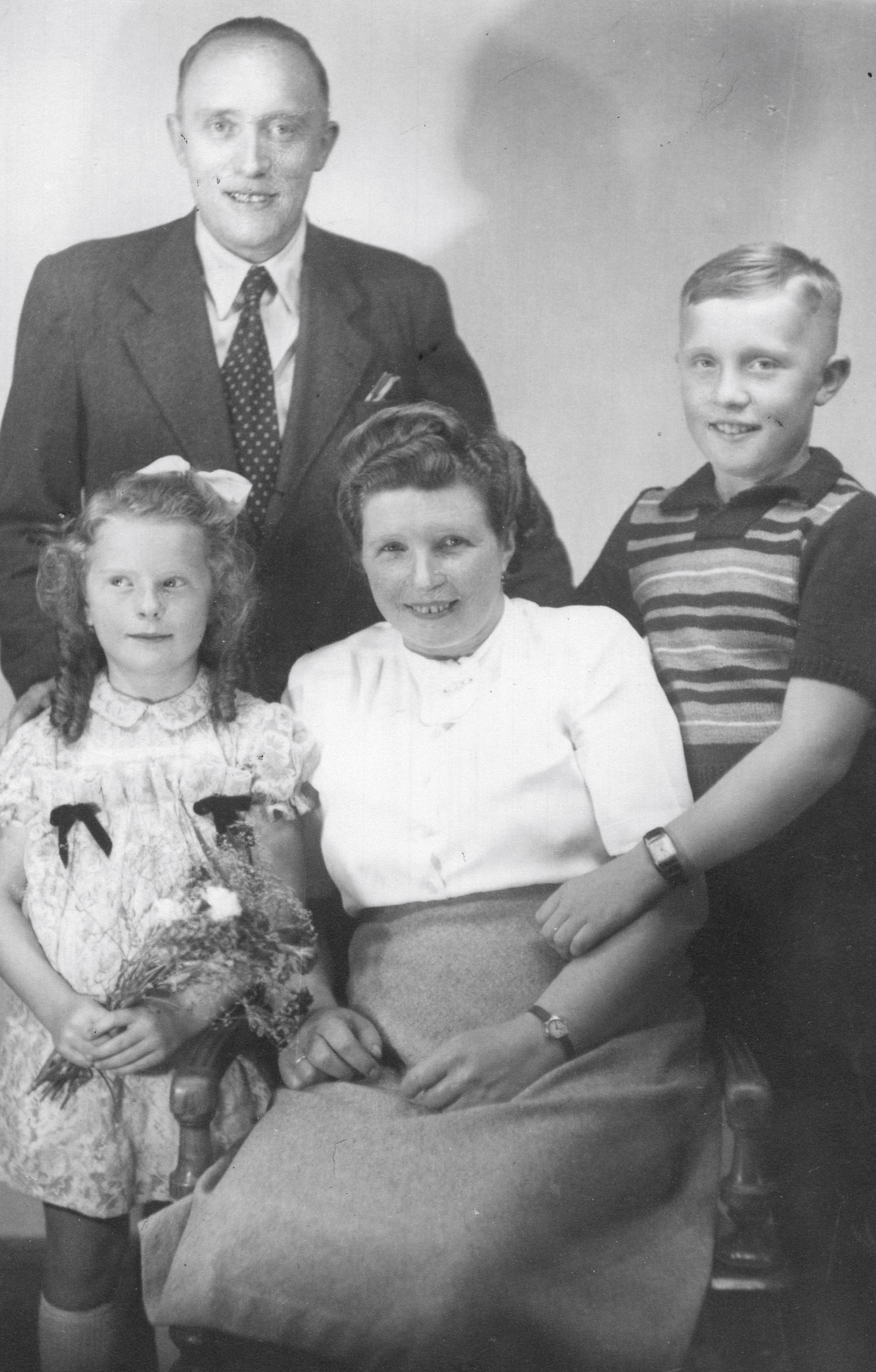Nobody wanted to go into exile; people hoped to return

Download image
Gerhard Krakl was born in Nejdek on 14 February 1940. He spent most of his life in the nearby Abertamy in Krušné Mountains. Like most of the local inhabitants, the Krakl family claimed German nationality. They ran a successful glove-making business for generations. Thanks to their expertise, the family was not deported to Germany after the war, but they lost the family business. Mother Emma Kraklová worked in the uranium mines in Jáchymov for some time after the war. Like his ancestors, Gerhard became a glove maker, and in addition to this he was involved in sports. He acted as an international ski jumping judge from the 1970s. After the Velvet Revolution, he became the director of the glove factory in Abertamy, but he was unable to prevent the decline of this once renowned industry. Production closed down in 1998. Gerhard Krakl was living in Karlovy Vary in 2022.











